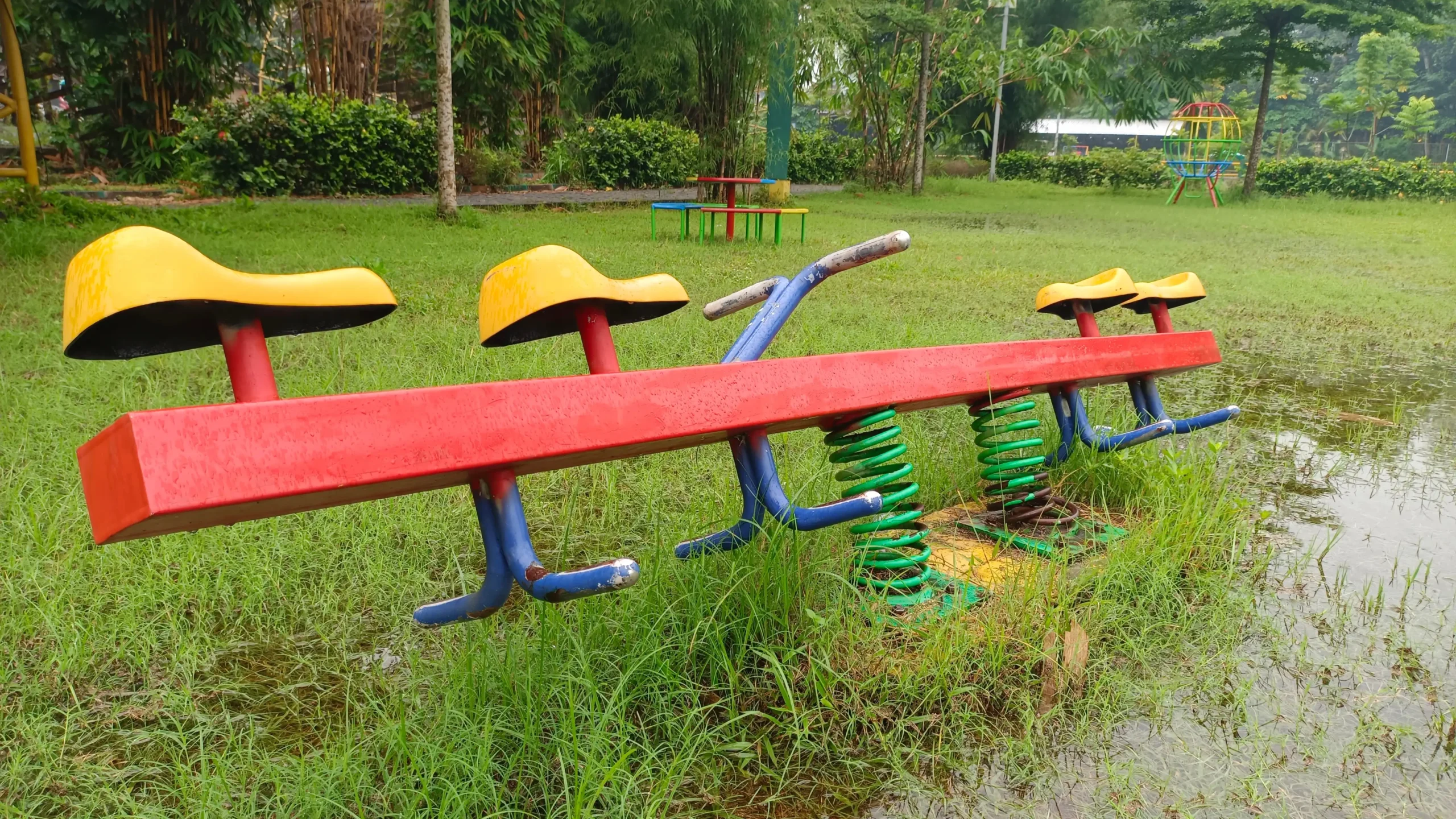In families impacted by mental health issues, substance use disorders (SUDs), or unresolved trauma, patterns of communication and behavior often develop in an attempt to maintain stability. Robert Subby, a leader in the field of addiction recovery and family systems theory, identified a set of family rules that often govern these families. While intended to create safety and predictability, these rules ultimately reinforce dysfunction, suppress emotional authenticity, and transmit trauma across generations.
Understanding Subby’s rules provides critical insight into how families unconsciously maintain dysfunction and offers pathways toward healing.
The Five Core Family Rules Identified by Robert Subby
1. Control
Definition: In dysfunctional families, control is prized above all else. Members attempt to control behaviors, emotions, and perceptions to create a false sense of safety and predictability.
Example: A parent micromanages a child’s friendships, academic performance, and extracurricular activities to avoid confronting their own fears of failure or abandonment.
Impact: Over-control stifles emotional development, encourages secrecy, and breeds rebellion or learned helplessness.
Related Theory: Pia Mellody (1989) highlights that codependency is rooted in control dynamics, where individuals learn that love and acceptance are conditional on compliance.
2. Perfection
Definition: Mistakes are viewed as catastrophic. Family members are expected to meet unattainable standards of behavior, appearance, and achievement.
Example: A child brings home a report card with mostly As and one B, and the parent fixates only on the B, implying that “good enough” is never enough.
Impact: Perfectionism fosters chronic shame, anxiety, and a distorted sense of self-worth tied to external achievement.
Related Theory: John Bradshaw (1988) discusses how perfectionism is driven by toxic shame, leading to the suppression of authentic self-expression.
3. Blame
Definition: Problems are externalized and assigned to others. Admitting personal fault is seen as dangerous, so members protect themselves by blaming others.
Example: A parent struggling with alcohol blames their child’s behavior for their drinking, saying, “If you were a better kid, I wouldn’t have to drink.”
Impact: Blame undermines accountability and reinforces cycles of resentment, guilt, and helplessness.
Related Theory: Virginia Satir (1983) described how blame is a common survival stance in dysfunctional communication patterns, protecting fragile self-esteem at the expense of relational connection.
4. Denial
Definition: Dysfunctional families refuse to acknowledge or address the reality of mental health issues, substance use, emotional abuse, or relational dysfunction.
Example: A family pretends that a parent’s repeated hospitalizations for overdoses are due to “stress” or “fatigue,” never mentioning substance use.
Impact: Denial fractures trust, breeds confusion, and forces children to doubt their own perceptions (a phenomenon known as gaslighting).
Related Theory: Claudia Black (1981) highlighted “don’t talk, don’t trust, don’t feel” rules common in families where addiction is present, rooted in systemic denial.
5. Unreliability
Definition: Commitments are frequently broken. Promises are made and discarded, creating a chaotic and unpredictable emotional environment.
Example: A parent promises to attend a child’s recital but fails to show up without explanation or apology.
Impact: Unreliability fosters chronic anxiety, low self-worth, and difficulty forming secure attachments.
Related Theory: Janet Woititz (1983) observed that adult children of alcoholics often struggle with trusting others and relying on emotional or relational stability due to early experiences of broken promises.
How Subby’s Rules Reinforce Dysfunction
Subby’s family rules create a rigid, fear-based environment where:
- Authentic emotional expression is suppressed
- Trust and vulnerability are dangerous
- Shame becomes a central organizing emotion
- Individuals learn to adapt by numbing emotions, dissociating from self, or adopting survival roles (Hero, Scapegoat, Lost Child, Mascot)
As Salvador Minuchin (1974) observed, such rigid rules act as homeostatic mechanisms, preserving dysfunctional stability at the cost of individual and systemic health.
Pathways Toward Healing
Breaking free from these ingrained family rules requires deliberate effort, emotional honesty, and often professional support. Key steps include:
• Awareness: Naming the specific family rules that have governed behavior.
- Validation: Affirming one’s reality and emotional experiences, often through therapy or support groups.
- Boundary Setting: Establishing healthy, flexible boundaries to protect emotional integrity.
- Accountability and Forgiveness: Moving away from blame and denial toward personal responsibility and relational repair.
- New Rules and Values: Replacing control, perfectionism, and denial with values like authenticity, compassion, resilience, and open communication.
Family systems can transform when old rules are consciously dismantled and replaced with healthier relational patterns rooted in respect, emotional attunement, and mutual support.
Sources:
• Black, C. (1981). It Will Never Happen to Me: Growing Up with Addiction as Youngsters, Adolescents, and Adults. Ballantine Books.
• Bradshaw, J. (1988). Healing the Shame That Binds You. Health Communications, Inc.
• Mellody, P., Miller, A. W., & Miller, J. K. (1989). Facing Codependence: What It Is, Where It Comes from, How It Sabotages Our Lives. HarperOne.
• Minuchin, S. (1974). Families and Family Therapy. Harvard University Press.
• Satir, V. (1983). Conjoint Family Therapy. Science and Behavior Books.
• Subby, R. (1987). Lost in the Shuffle: The Co-Dependent Reality. Health Communications, Inc.
• Woititz, J. G. (1983). Adult Children of Alcoholics. Health Communications, Inc


